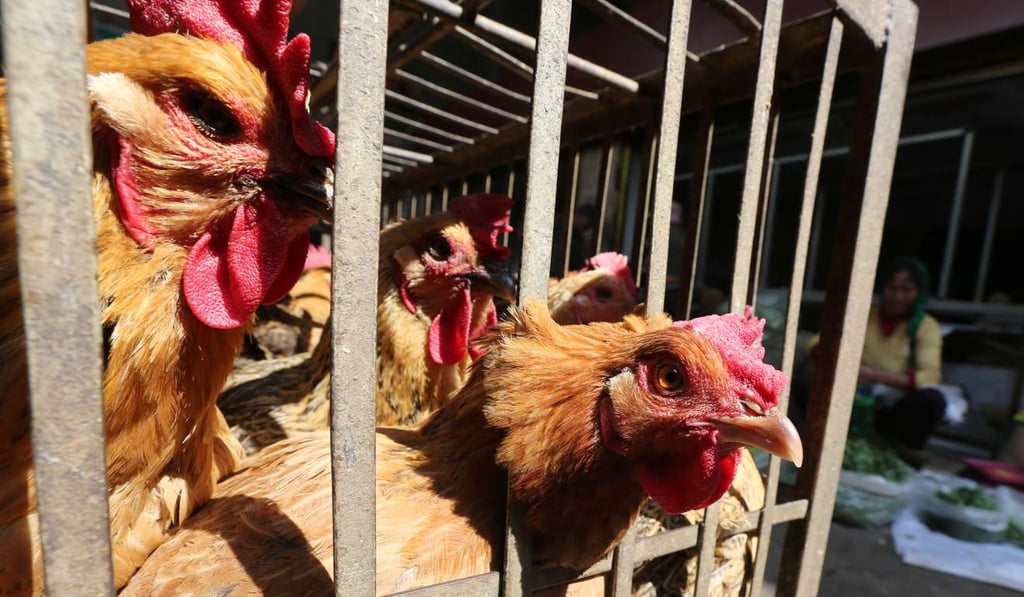WHO urges China to watch for sustained spread of H7N9 among humans
Virus has mainly been passed by birds, but fears grow of more human-to-human transmission

The World Health Organisation has called for Beijing to monitor whether the fatal H7N9 bird flu virus gains the ability of sustained human-to-human transmission following reports of limited cases.
The virus so far has not spread among humans in most cases. From January 1 until February 23, 94 deaths from H7N9 have been reported on the mainland.
China urges local authorities to do more to reduce bird flu deaths
Most human cases have been traced to exposure or contact with sick poultry.
In a small number of cases, individuals were infected by limited, non-sustained human-to-human transmission of the virus. This could occur after prolonged, close, unprotected contact between individuals, the WHO said. Though sustained human-to-human transmission has not occurred so far, WHO said China should be vigilant.
“Authorities should be vigilant, and assess whether the virus gains the ability of sustained human-to-human spread,” said Bernhard Schwartländer, WHO’s representative in China.
David Kelvin, director of the immunology department at the International Institute of Infection and Immunity at Shantou University, also called for authorities to be vigilant.
